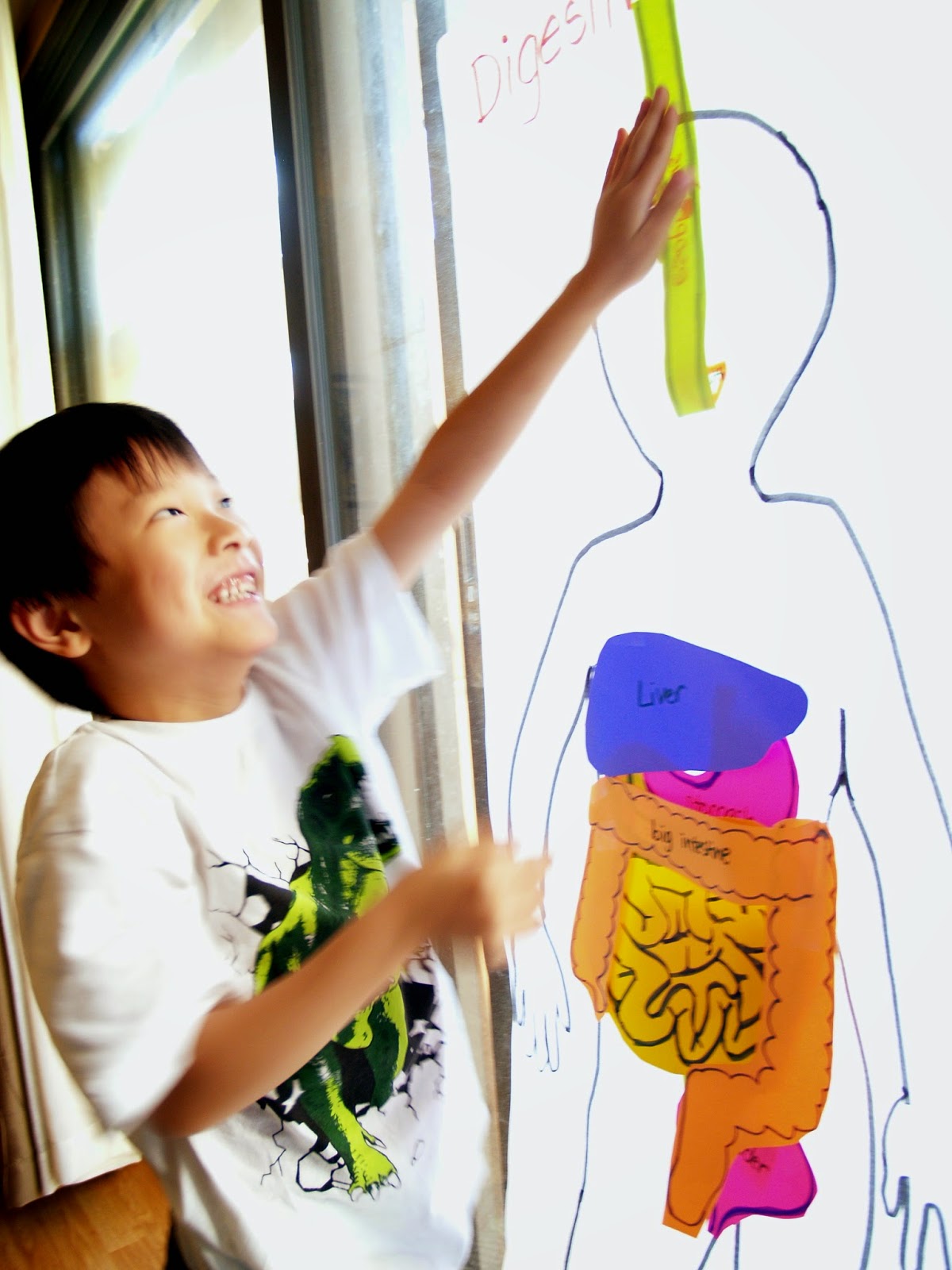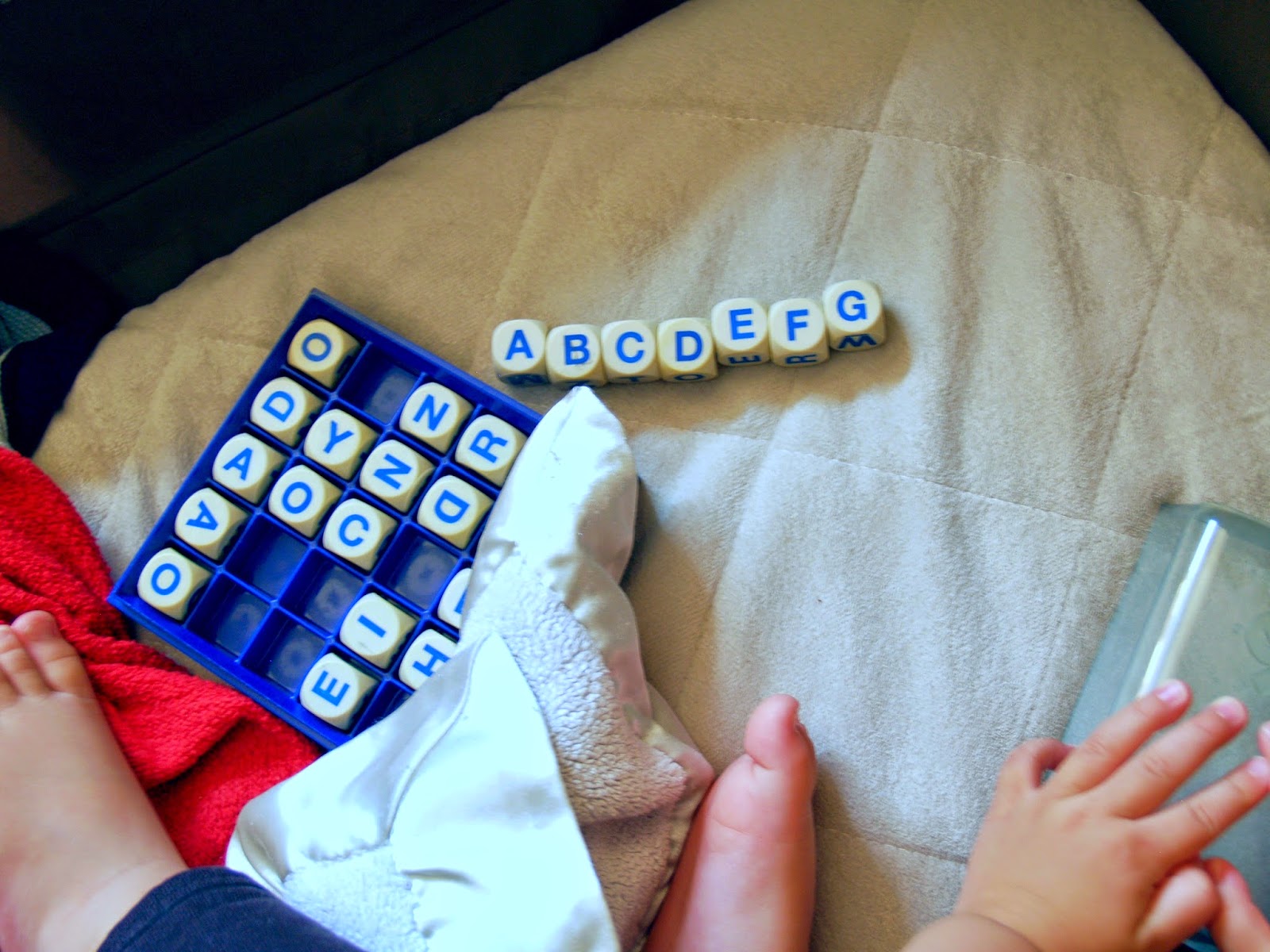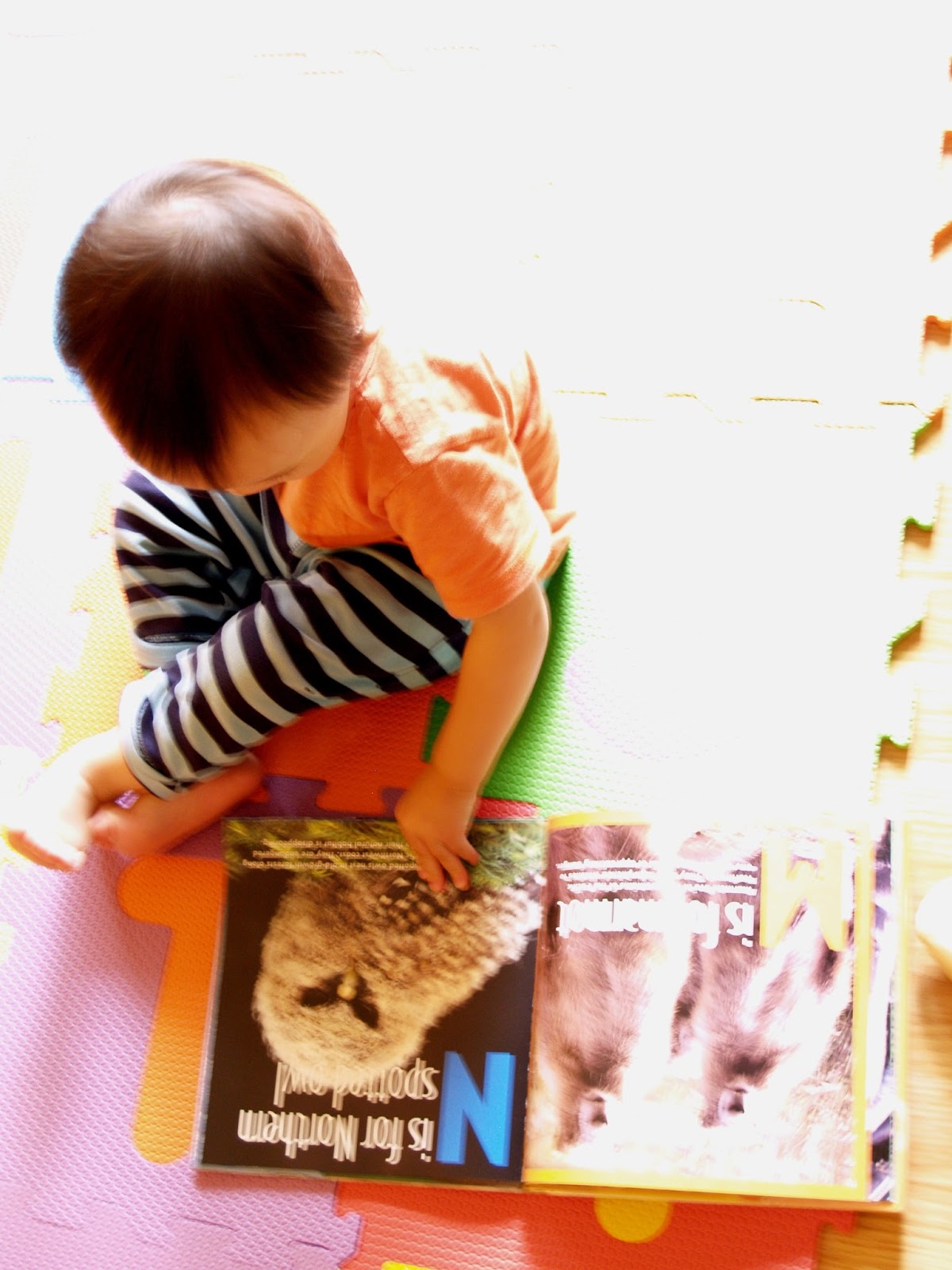We were on a five-day journey from Iowa to San Francisco. I was 10, that means Jean was 6, Evelyn was 4 and Catherine was 2. It's too bad that the wanderlust that possessed my parents to drive across a foreign country did not make it into my genes.
Pa and Ma, may I have a dash of your bravery please?
My sisters had been arguing and crying for hours. Someone had lost an earring. All four of us were itchy and scratchy from the chicken pox. The old car was chugging along the highways through Utah's desert. I wish I had been paying attention. I am sure the landscape was breathtaking.
Instead, I chose to focus on myself. Woe is me! I am being so good! They are all being so bad! My poor sisters are stuck with this self-righteous oldest sister — I can't think of a worse kind.
 |
| There it is! My self-righteous face digitized. Apparently, I give them this face a lot. |
In her still low voice, my mother warned me to never, ever say that again.
When my mother used her calm voice, I knew then my transgression was much worse than the hours of screaming and crying from my younger siblings. Never, ever wish that I was the only child, she warned me again.
And I have not.
The thing we did, the thing we cherished, the thing we pondered
Last week, we had our first guest teacher.
When our friend Esther from New York City was planning her trip to Chicago, I asked her whether she would be willing to be a guest teacher at our homeschool. She kindly agreed.
She picked one of her favorite picture books as our book of the week and I put her in charge of one activity she would do with the boys. She picked Chickens Aren't the Only Ones by Ruth Heller, a lyrical book about eggs that came with beautiful illustrations. She also chose an eggs-periment (teehee) to do with Emeth, a lesson on hypothesis, observation, note taking, and conclusion.
The week before she arrived, I checked out all the books we needed from our local library. We were ready for her arrival.
What I did not know was that we were going to be sick, sick, and sick.
In God's kindness and mercy, he sent friends to provide fresh vegetable from their garden and grocery (Thank you, Vivian and William and Sharon!). And because Esther and I had planned everything in advance, the Lord even supplied the material and a teacher to teach my children.
People regularly ask me why we choose to educate our children at home. More and more, I simply tell them that I do it because I love doing it, and I would feel like I am missing out if I do not do it. Despite the fact that Hans had to remind me this morning to stop feeling like I am drowning (ha!), I really do love teaching them.
Among my favorite things about being my children's educator are the many hours I get to watch the brothers learning to love one another. I love watching Emeth reading to his younger brothers, Yohanan reading to Khesed, Yohanan helping Emeth with math (I know, it's very sweet). I love how they turn pages for the baby when they listen to audio books, how they are learning (and struggling) to celebrate when other people win at board games, how they are learning to say sorry, to forgive, and put one another first.
I get it now, Ma.
This thing we call love. I felt its gravity in my mother's ashen face. I remember the weight of sadness in her voice. That awful wish, I feel a little sick just thinking about it. There are very few things in life that are sweeter than brothers and sisters loving one another.
 |
| I love these weirdos to bits. |













